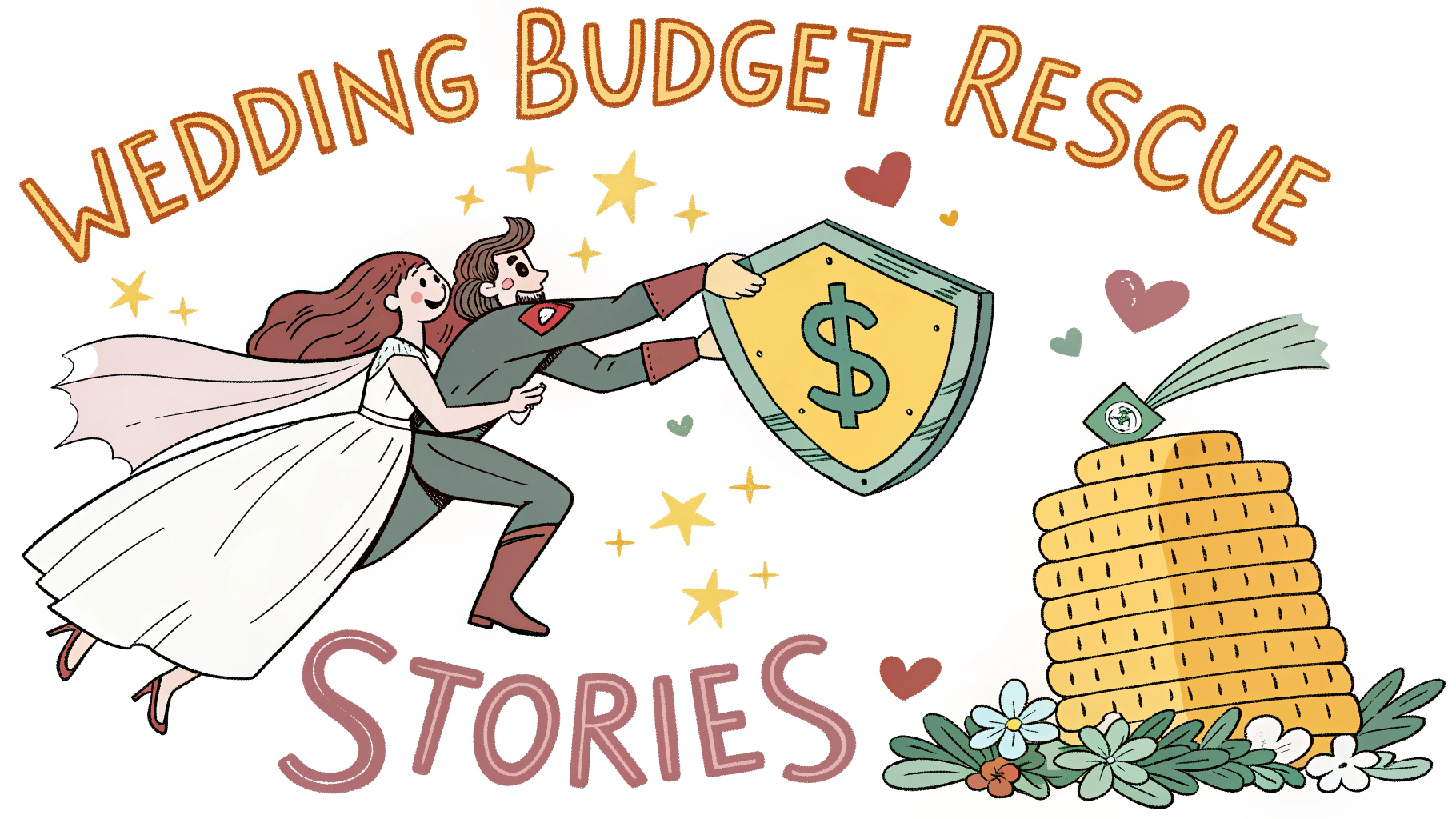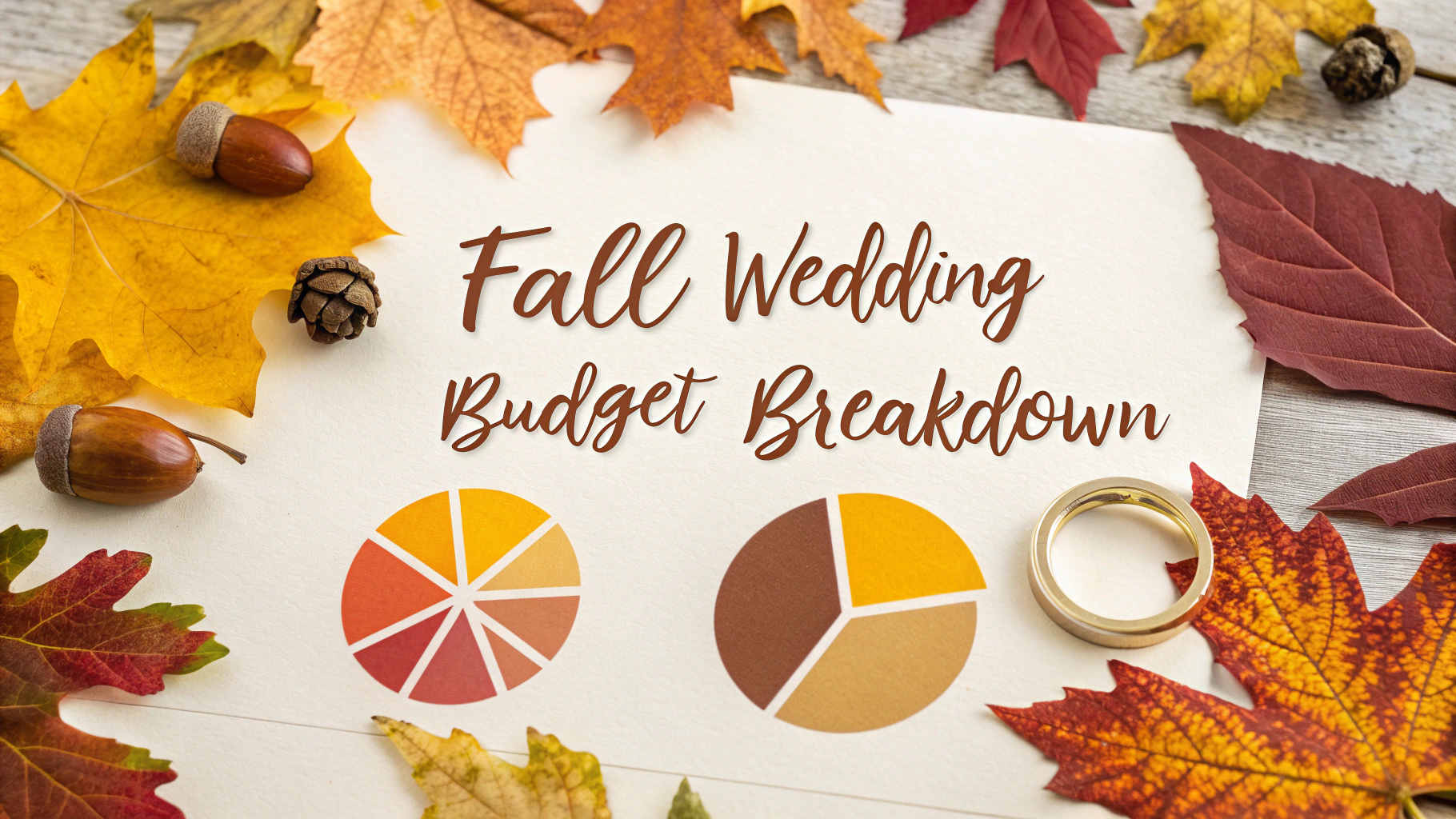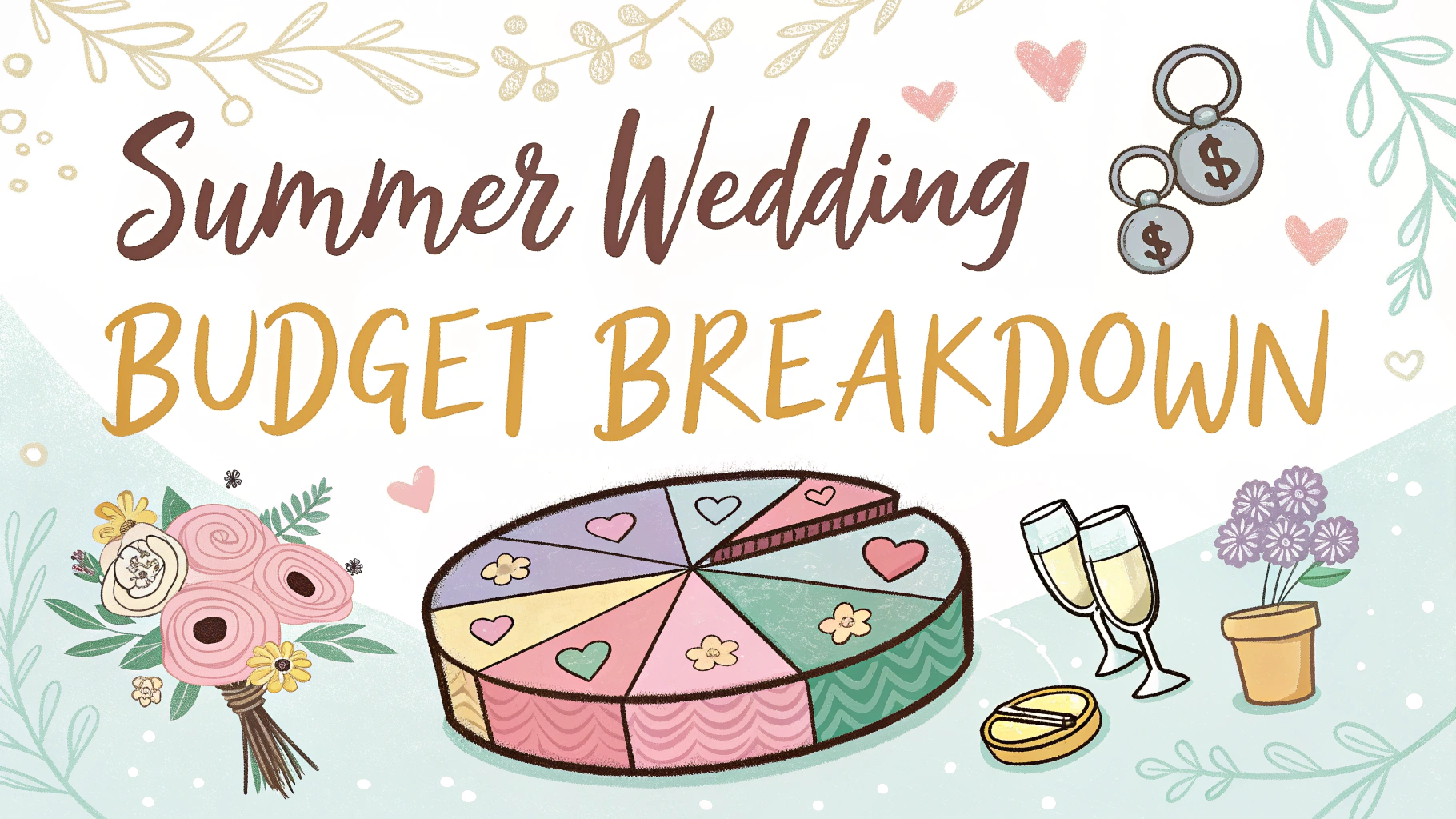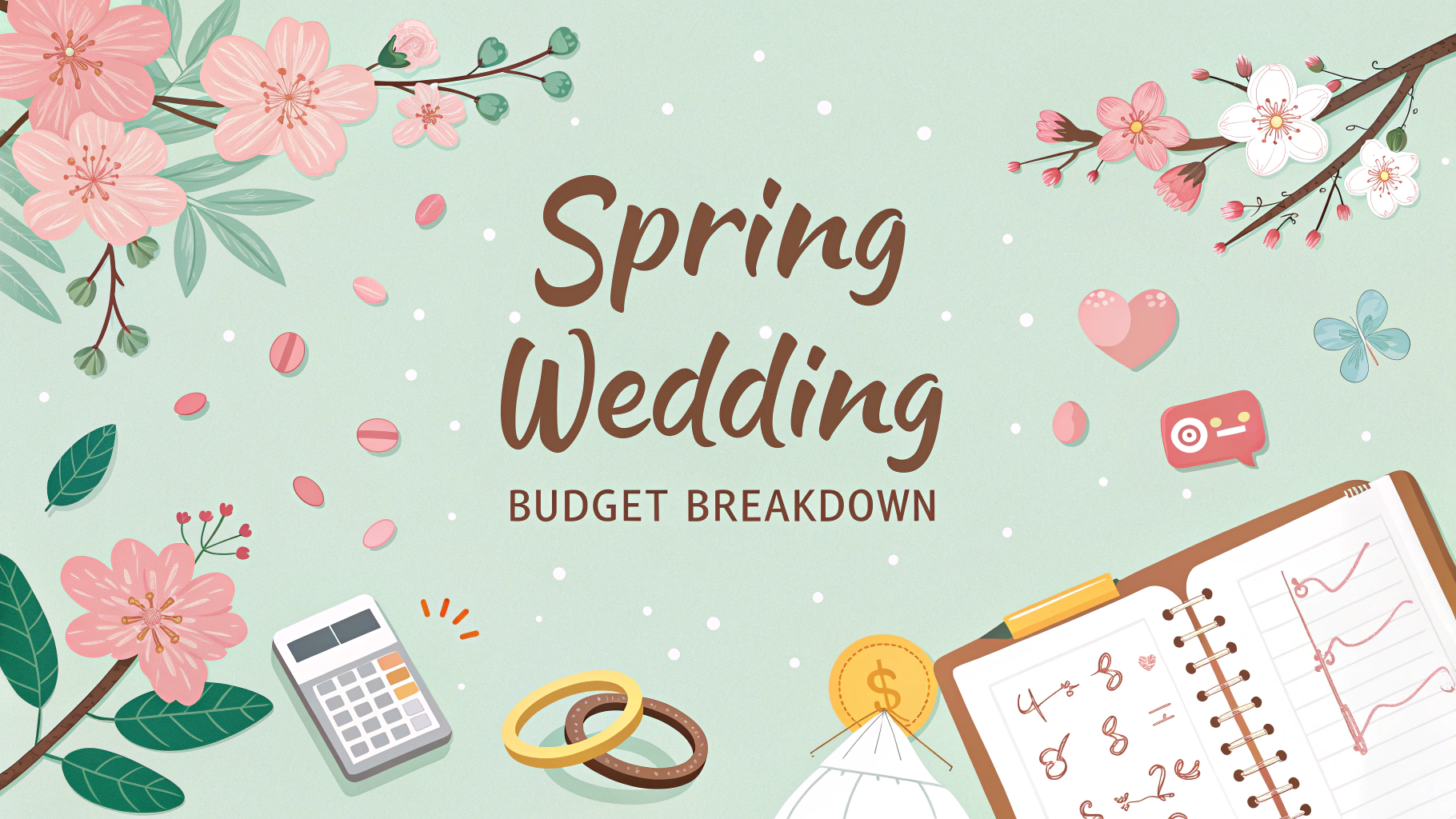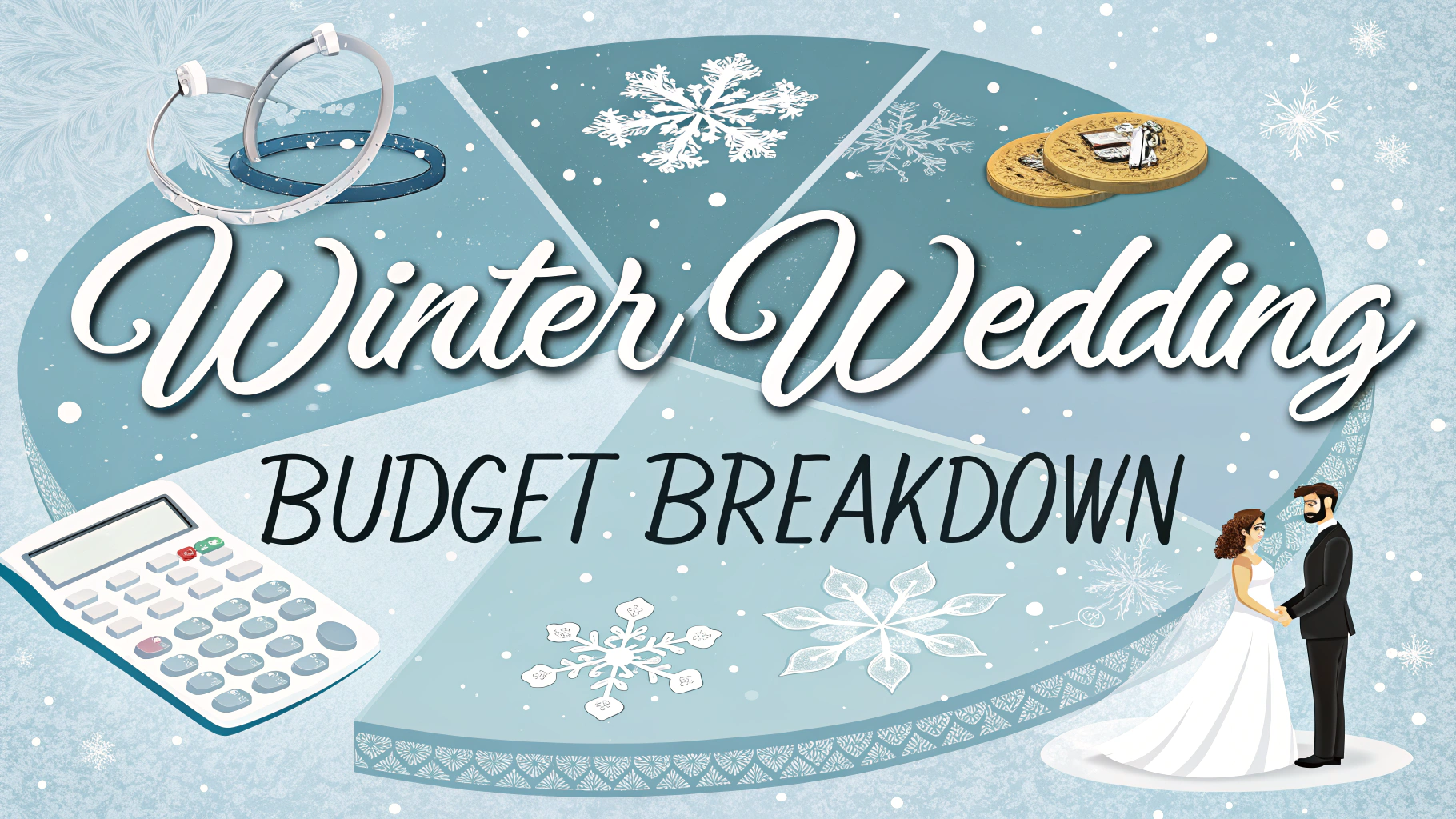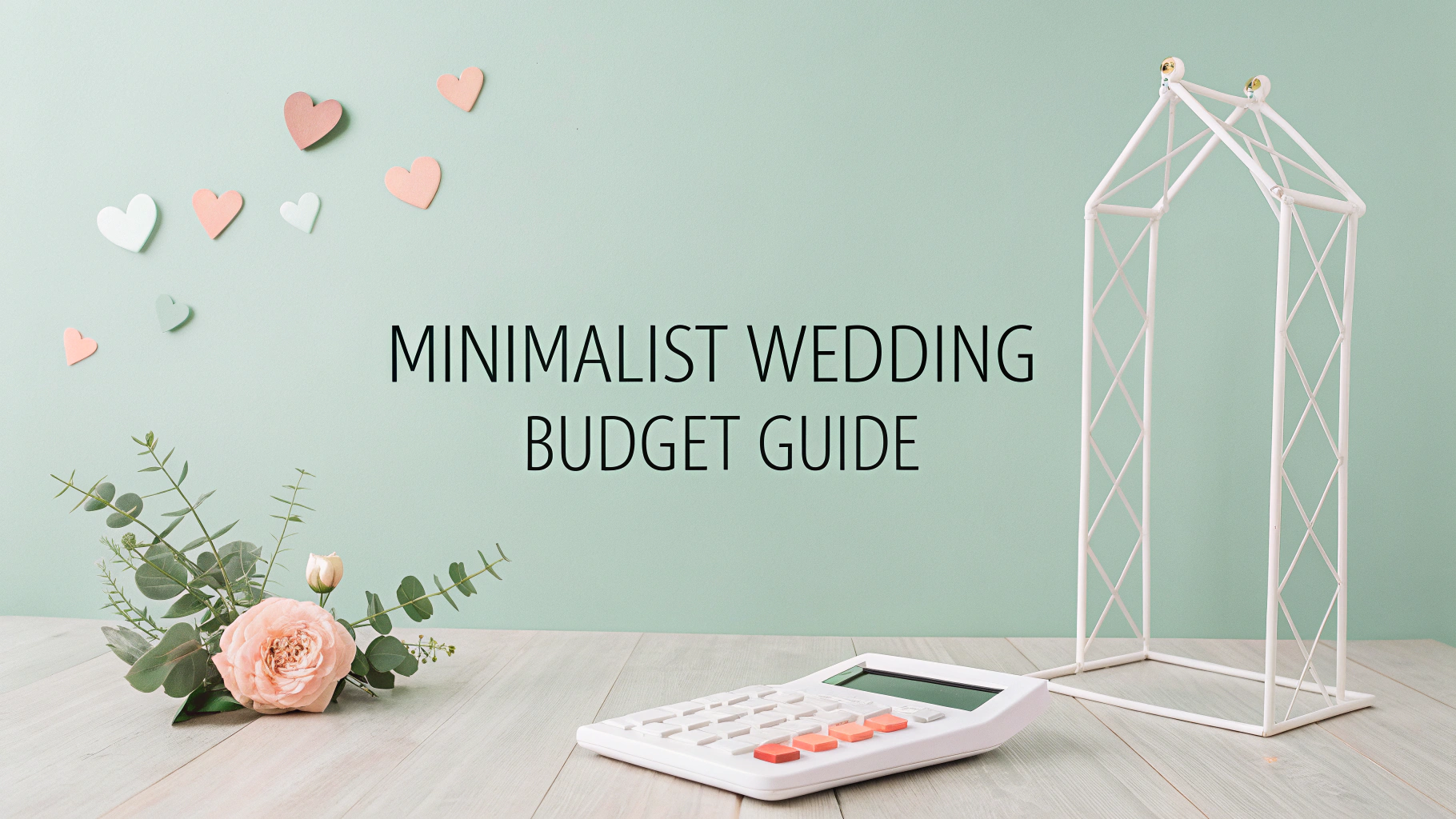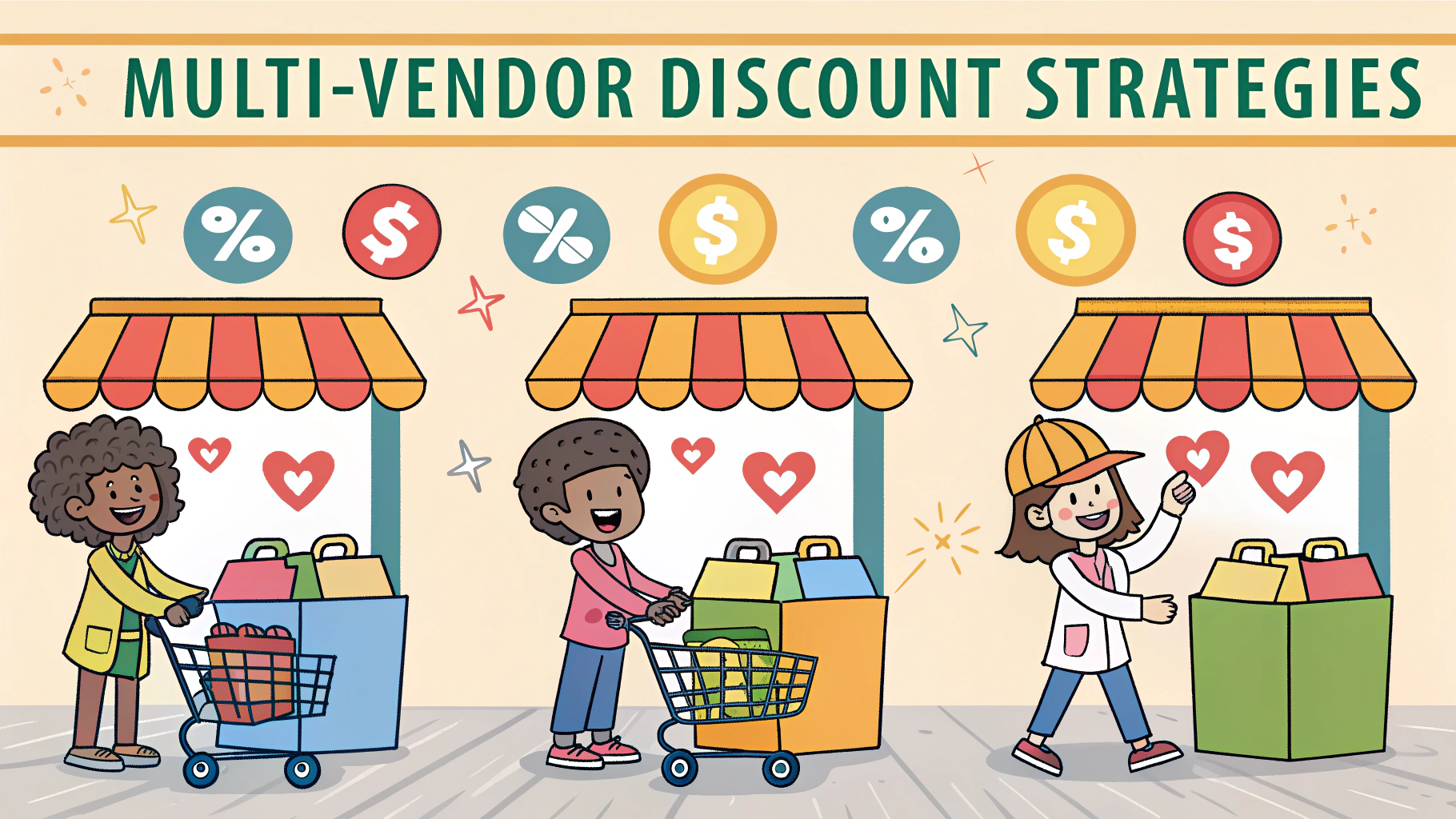Wedding vendors are the backbone of any successful celebration, making clear communication essential for bringing your vision to life.
Building strong relationships with your vendors helps avoid misunderstandings and ensures everyone works together smoothly towards your wedding goals.
This guide shares practical strategies for communicating effectively with wedding professionals, from initial meetings to day-of coordination.
Getting Started with Vendor Communication
Before reaching out to vendors, create a detailed document outlining your wedding vision, budget, and non-negotiables.
- Research vendors thoroughly through reviews and portfolios
- Prepare specific questions about their services
- Have your wedding date, venue, and basic timeline ready
- Know your budget range for each service
Setting Clear Expectations
Document all agreements and discussions in writing, preferably through email.
- Request detailed quotes and proposals
- Review contracts thoroughly before signing
- Confirm delivery times and setup requirements
- Discuss backup plans for potential issues
Professional Communication Tips
- Respond to vendor messages within 24-48 hours
- Keep emails organized by topic
- Use clear subject lines with your wedding date
- Schedule calls during business hours
- Share mood boards or inspiration photos when relevant
Using Technology Effectively
Create a dedicated wedding email address for all vendor communications.
- Use shared planning tools like Google Docs
- Create digital folders for contracts and inspiration
- Use wedding planning apps to track conversations
- Save important contacts in your phone
Managing Multiple Vendors
| Vendor Type | Communication Frequency | Key Discussion Points |
|---|---|---|
| Planner | Weekly/Bi-weekly | Timeline, coordination, updates |
| Venue | Monthly | Layout, logistics, permits |
| Caterer | 2-3 months before | Menu, quantities, dietary needs |
Handling Concerns and Changes
Address issues promptly and professionally with your vendors.
- Express concerns clearly and calmly
- Propose solutions when possible
- Keep written records of all discussions
- Include your wedding planner in challenging conversations
Final Planning Stages
Schedule final check-ins with each vendor 2-4 weeks before the wedding.
- Confirm all details and timelines
- Share day-of contact information
- Review payment schedules
- Discuss setup and breakdown times
Moving Forward with Confidence
Trust your vendors’ expertise while maintaining open lines of communication.
- Keep important contacts easily accessible
- Designate a day-of coordinator for vendor communication
- Remember to show appreciation for their work
- Leave honest reviews after the wedding
Day-Of Communication Strategy
Create a clear communication chain for your wedding day to prevent confusion and overlapping messages.
- Provide vendors with a detailed timeline
- Designate specific point persons for different aspects
- Share emergency contact numbers
- Create a group chat for key vendors
Building Strong Vendor Relationships
Professional relationships with vendors often extend beyond the wedding day, potentially leading to future collaborations or referrals.
- Maintain respectful communication
- Honor payment schedules
- Provide constructive feedback
- Express gratitude for their efforts
Digital Organization Tools
Planning Software
- Wedding planning apps
- Digital payment systems
- Cloud storage for documents
- Timeline management tools
Communication Platforms
- Project management software
- Shared calendars
- Video conferencing tools
- Messaging apps for quick updates
Creating Your Wedding Success Team
Successful vendor management creates a cohesive team working towards your perfect wedding day.
- Establish clear roles and responsibilities
- Foster collaborative relationships
- Maintain organized communication channels
- Build trust through consistent interaction
- Document all decisions and changes
FAQs
- How early should I start communicating with wedding vendors?
Reach out to vendors 12-18 months before your wedding date, especially for in-demand services like venues, photographers, and caterers. - What’s the best way to communicate with multiple wedding vendors?
Use a dedicated wedding email address, maintain a vendor communication spreadsheet, and keep all correspondence organized in separate folders for each vendor. - Should I get everything in writing from my vendors?
Yes, always get detailed contracts, agreements, and any changes in writing. Verbal agreements aren’t sufficient for legal protection. - How often should I check in with my vendors before the wedding?
Schedule regular check-ins at 6 months, 3 months, 1 month, 2 weeks, and the week of the wedding. Increase communication frequency as the date approaches. - What essential information should I provide to all my vendors?
Share your wedding timeline, venue details, contact information for your wedding coordinator, emergency contacts, and any specific requirements or restrictions. - How do I handle payment schedules with vendors?
Maintain a payment calendar, keep receipts, and confirm payment methods and due dates in advance. Most vendors require deposits and final payments before the wedding day. - What’s the protocol for addressing concerns with a vendor?
Address issues promptly, professionally, and directly with the vendor. Reference your contract and document all communications regarding the concern. - Should I create a vendor meal plan for my wedding day?
Yes, include vendor meals in your catering count for any vendor working more than 4 hours. Specify dietary restrictions and meal break timing in your timeline. - How do I ensure all vendors are coordinating with each other?
Share contact information among vendors, schedule a venue walk-through with key vendors, and consider hiring a wedding coordinator to oversee vendor communications. - What’s the best way to share my vision with vendors?
Create mood boards, use precise language, provide visual examples, and schedule face-to-face meetings or video calls to discuss details thoroughly.

